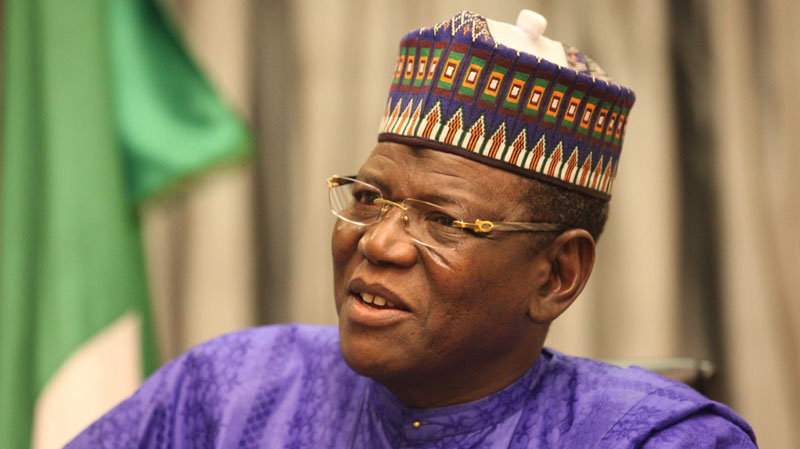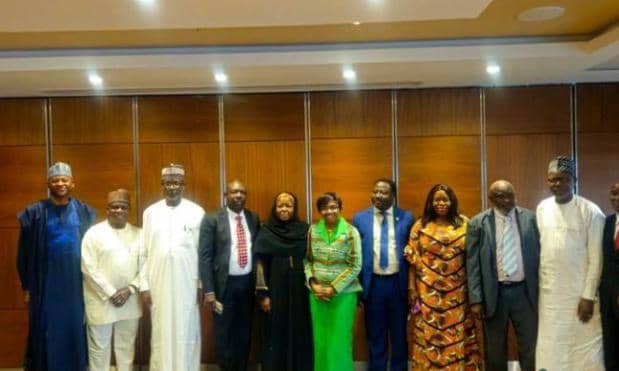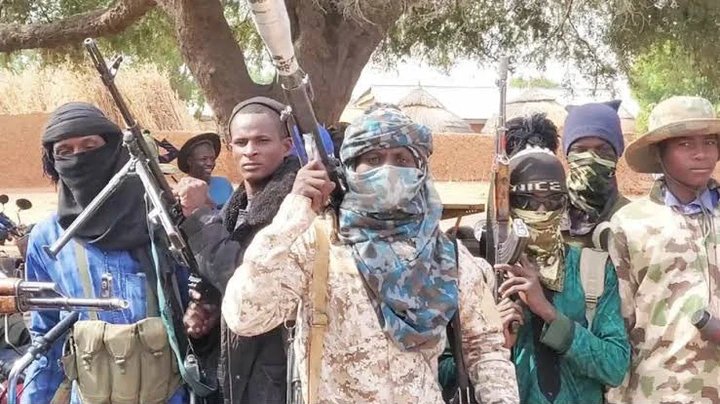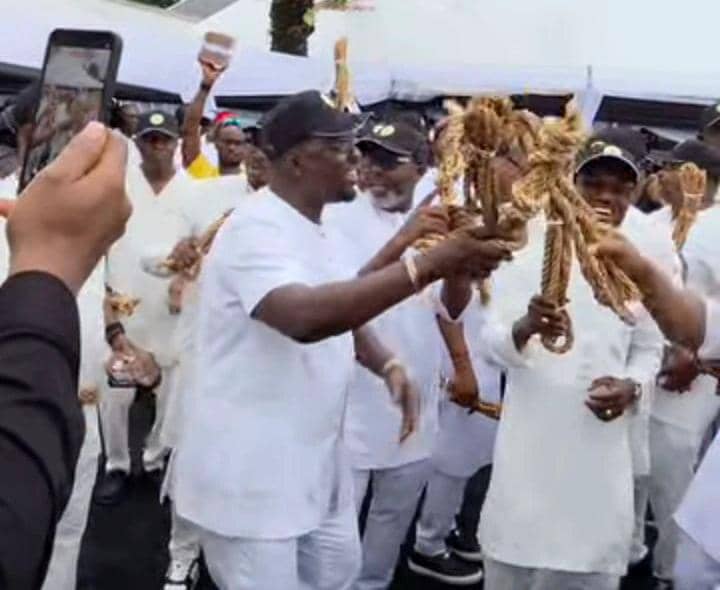Featured
IPOB rejects Tinubu’s Abuja ranch proposal, calls it disguised land grab
DDM News

The Indigenous People of Biafra (IPOB) has fiercely rejected President Bola Ahmed Tinubu’s proposal to establish a cattle ranch in Abuja.
Diaspora Digital Media (DDM) reports that IPOB described the plan as a repackaged version of the controversial RUGA policy, which it claims is designed to dispossess indigenous people of their land under the guise of development.
In a statement released on Wednesday and signed by its spokesperson, Emma Powerful, IPOB warned that the move to site ranches in the Federal Capital Territory was a direct threat to the ancestral land of the Gbagyi people.
Powerful alleged that the plan mirrored historical patterns of land seizure and conquest allegedly used by the Fulani elite to dominate the Hausa people centuries ago.
According to him, what is now being presented as a national policy is, in fact, a dangerous precedent that could result in indigenous populations becoming strangers in their own homeland.
IPOB accused the federal government of prioritising cow colonies over urgent national needs such as education, security, and economic reform.
The statement questioned why any serious government would consider locating cattle settlements near the nation’s seat of power.
Powerful challenged President Tinubu to name any other major global capital where cattle are allowed permanent settlements near government institutions.
He cited cities such as Nairobi, New Delhi, São Paulo, and Seoul as examples of capitals where livestock management is handled far from urban administrative zones.
The group insisted that ranching in Abuja sends a dangerous signal that violence and displacement of native communities will be rewarded with government-backed land allocations.
Powerful described the initiative as state-sanctioned terrorism and warned that it would only encourage further bloodshed across Nigeria.
According to IPOB, the plan violates the cultural and territorial rights of the Gbagyi people, who, it said, have no other homeland.
The group predicted that continued marginalisation of native Abuja residents would eventually lead to the installation of a traditional emirate in the capital city, effectively rewriting the area’s ethnic and historical identity.
It warned that the current push for ranches is the beginning of a larger agenda that could see entire ethnic groups erased from national consciousness.
Powerful declared IPOB’s full solidarity with the Gbagyi people and other indigenous communities facing similar threats across Nigeria.
He emphasized that no part of Biafraland would be surrendered for cattle settlements, ranches, or grazing routes.
He stated that the forests, villages, and farmlands across the Southeast are sacred and not available for political trade-offs or federal appeasement policies.
The group also mocked the government’s multi-billion-naira investment in railway infrastructure, asking why such facilities cannot be used to transport cattle to isolated ranches far from human settlements.
According to IPOB, a serious nation would ranch its livestock away from schools, homes, and markets, not next to them.
The group argued that such proximity puts communities at risk and devalues both life and property.
Powerful also referred to past statements by IPOB leader, Mazi Nnamdi Kanu, who, during court appearances, warned against the backward practice of herding cattle on foot in a modern economy.
He stressed that no progressive nation builds ranches near residential areas, and said the government’s failure to understand this was a reflection of administrative incompetence.
IPOB said it would resist any attempt to force cattle ranches on Biafran territory, promising peaceful but firm opposition to such policies.
The group accused the Tinubu-led administration of repackaging failed policies from previous regimes and warned that the consequences would be dire if not reversed.
Finally, IPOB reiterated its call for the protection of Nigeria’s diverse cultural heritage and indigenous territories.
It demanded an end to killings, displacement, and what it called “Fulani neo-colonial conquest dressed up as national policy.”
The statement concluded with a plea for reason to prevail over ruin and called on the international community to take note of what it described as an unfolding cultural genocide.
Kindly share 🙏
For Diaspora Digital Media Updates click on Whatsapp, or Telegram. For eyewitness accounts/ reports/ articles, write to: citizenreports@diasporadigitalmedia.com. Follow us on X (Fomerly Twitter) or Facebook












